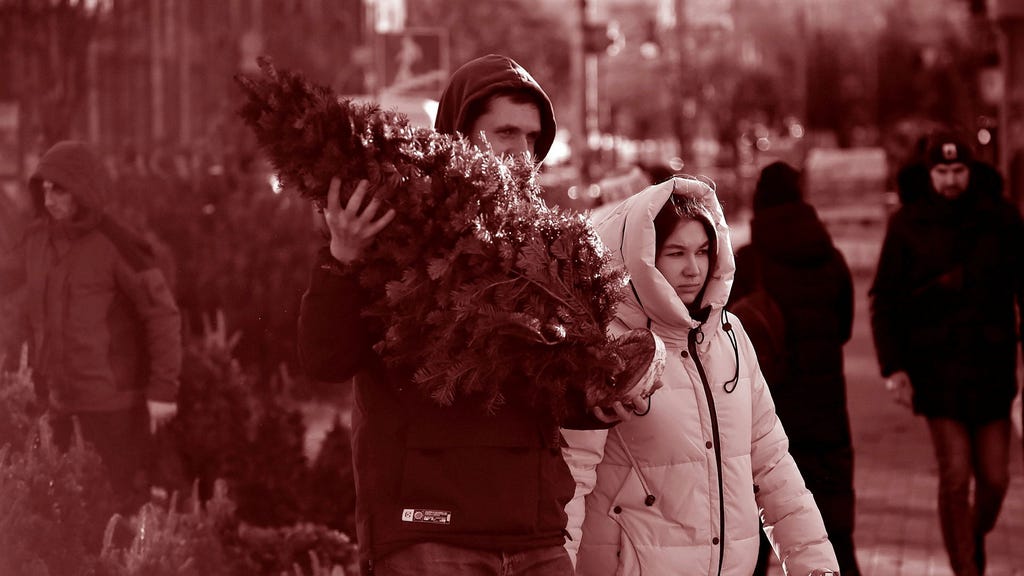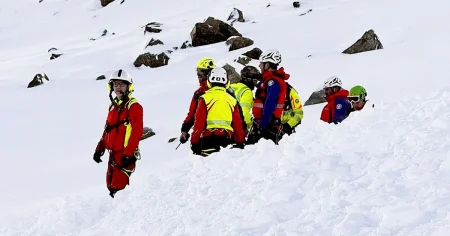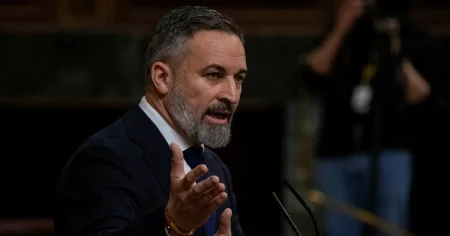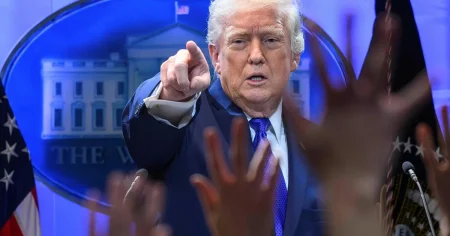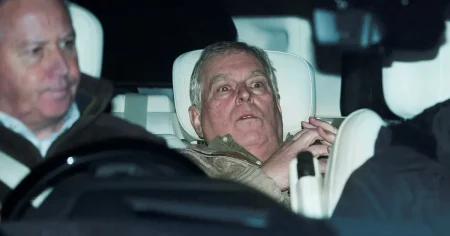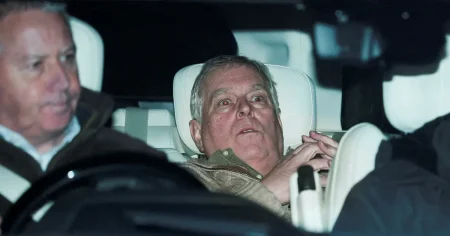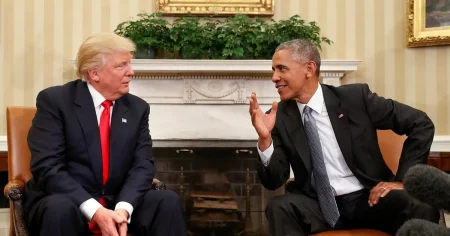The Christmas of 2024 marks the third winter of the full-scale Russian invasion of Ukraine, a conflict marked by resilience and brutality. The war has become a grim routine for Ukrainians, punctuated by air raid sirens and the constant threat of missile strikes. Oleksandr, the deputy head of a Ukrainian coal-fired power plant, exemplifies this new normal. Once, a small roof leak was a crisis; now, he navigates the debris left by rocket attacks. While families seek shelter in Kyiv’s metro during air raids, essential workers like Oleksandr remain at their posts, keeping vital infrastructure functioning despite the constant danger. This resilience in the face of relentless attacks on the country’s energy grid, intended to cripple the economy and break the will of the Ukrainian people, defines the spirit of the nation.
The war is a grinding one, with Russia making incremental gains in the east at a tremendous cost. Recent reports detail the loss of significant territory, highlighting the uneven balance of power in terms of artillery and troop numbers. While the ammunition disparity has lessened since the early days of the war, Russia still maintains a significant advantage, often outnumbering Ukrainian forces by a factor of eight. Despite these challenges, Ukrainian forces continue to hold their ground, even launching daring operations into Russian territory. The assassination of a Russian general in Moscow, attributed to Ukrainian intelligence, underscores their continued ability to strike deep within enemy lines.
The ongoing conflict has become a test of endurance for both Ukraine and the West. The repeated question of how long Western support can be sustained looms large, exacerbated by the uncertainty surrounding the upcoming US presidential election and the potential return of Donald Trump. This question, however, shifts the focus away from the fundamental issue at stake: the survival of a sovereign nation. While the cost of the war is undeniable, both in human lives and economic resources, it pales in comparison to the cost of allowing Russia to succeed in its aggressive expansionism.
The focus should not be on the limitations of Western support, but on the extraordinary courage of the Ukrainian people who continue to defy expectations. Despite the constant threat of violence, the displacement, and the destruction, Ukrainians are determined to celebrate another Christmas in freedom. The international community must reflect on this resilience and ask themselves what further actions are necessary to ensure that this Christmas is not their last in a free and independent Ukraine. The war has not broken the spirit of the Ukrainian people; it has instead revealed their deep-seated determination to defend their homeland.
The situation in Ukraine is not merely a regional conflict; it is a global struggle for democracy and self-determination against authoritarian aggression. The world stands at a crossroads. Allowing Russia to succeed in Ukraine would embolden other autocratic regimes and further destabilize the international order. Supporting Ukraine is not simply an act of charity; it is a strategic imperative for the defense of democratic values and the preservation of peace and security.
The resilience of the Ukrainian people, exemplified by individuals like Oleksandr and the families seeking shelter in the Kyiv metro, should inspire the West to redouble its efforts. The focus must shift from questioning the longevity of support to finding ways to strengthen and expand it. The upcoming winter and the uncertainties surrounding the global political landscape make it more crucial than ever to stand firm in solidarity with Ukraine. The question is not how long the West can support Ukraine, but rather what it is willing to do to ensure the survival of a nation fighting for its very existence.





